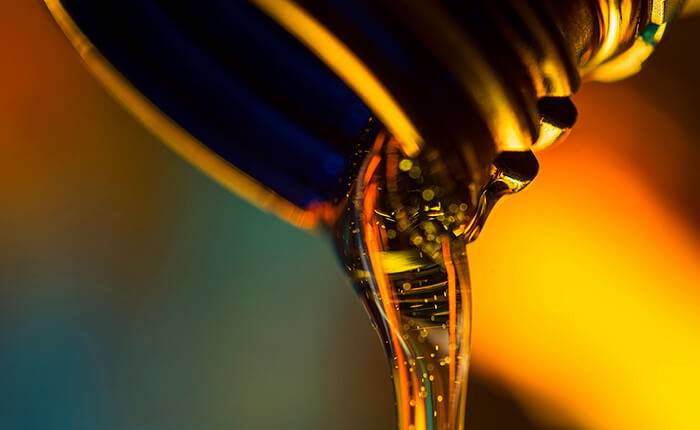Nov . 08, 2024 01:38 Back to list
Benefits of Using HDPE Irrigation Pipes for Efficient Water Management
The Benefits and Applications of HDPE Irrigation Pipes
Irrigation is a critical component of modern agriculture, ensuring that crops receive the adequate moisture required for growth. In recent years, the choice of materials for irrigation systems has evolved, leading to the increased popularity of high-density polyethylene (HDPE) pipes. Known for their strength, longevity, and flexibility, HDPE irrigation pipes offer several distinct advantages that make them an excellent choice for farmers and agricultural operations.
Understanding HDPE
High-density polyethylene (HDPE) is a thermoplastic polymer made from petroleum. Its molecular structure provides enhanced resistance to environmental stressors, making it less prone to cracking and breaking compared to traditional materials like PVC or metal. Additionally, HDPE is lightweight, which simplifies installation and reduces transportation costs. Farmers can manage their irrigation systems more efficiently, leading to a better overall yield.
Key Benefits of HDPE Irrigation Pipes
1. Durability and Longevity One of the most significant advantages of HDPE pipes is their durability. These pipes can last for over 50 years when properly installed, thanks to their resistance to corrosion, rust, and chemical leaching. This long lifespan results in lower replacement and maintenance costs for farmers, ultimately leading to increased profitability.
2. Flexibility and Versatility HDPE pipes are notably flexible, allowing them to be curved without breaking. This flexibility makes HDPE ideal for various irrigation applications, including drip irrigation, surface irrigation, and subsurface irrigation. Farmers can adapt their irrigation setups to fit the unique contours of their fields, optimizing water use and ensuring all areas receive adequate moisture.
3. Cost-Effectiveness While the initial investment in HDPE irrigation systems might be higher than conventional methods, the long-term cost savings are undeniable. HDPE's durability reduces downtime and maintenance needs, while its efficiency in water flow can lead to considerable reductions in water usage. Given that water is a critical resource in agriculture, the savings generated from effective irrigation practices can significantly enhance a farm's bottom line.
4. Environmental Benefits Agriculture is under increasing scrutiny to adopt sustainable practices. HDPE pipes are leak-resistant and help minimize water waste, aligning with sustainable irrigation goals. Additionally, HDPE is recyclable, reducing environmental impact and supporting a circular economy. Farmers who prioritize sustainability can boost their market appeal and cater to consumers who favor eco-friendly products.
hdpe irrigation pipe

5. Resistance to Ultraviolet (UV) Radiation HDPE pipes are resistant to UV radiation, allowing them to be used outdoors without degradation over time. This characteristic means that farmers can rely on these systems regardless of geographical location, ensuring that they maintain functionality even in harsh environmental conditions.
Applications of HDPE Irrigation Pipes
HDPE pipes find numerous applications in the agricultural sector
- Drip Irrigation Farmers can use HDPE pipes to create highly efficient drip irrigation systems that deliver water directly to the roots of plants. This targeted approach minimizes water waste and promotes healthier plant growth. - Surface Irrigation In regions where surface irrigation is the norm, HDPE pipes can efficiently channel water across fields, ensuring that crops receive thorough and even watering.
- Subsurface Irrigation For crops that prefer not to have their foliage wet, HDPE pipes can be buried underground to provide moisture directly to the root zone.
- Water Harvesting HDPE pipes are also instrumental in water harvesting systems, where they can store and distribute rainwater for agricultural purposes.
Conclusion
In summary, HDPE irrigation pipes represent a significant advancement in agricultural technology, offering farmers a robust, flexible, and sustainable solution for their irrigation needs. With their myriad benefits, including durability, cost-effectiveness, and environmental sustainability, it's no surprise that more farmers are choosing HDPE over traditional materials. As the agricultural industry continues to face challenges related to water scarcity and sustainability, HDPE pipes will play an essential role in ensuring that farmers can produce food efficiently and responsibly for future generations.
-
High-Quality PPR Pipes and Fittings Durable ERA PPR & PVC PPR Solutions
NewsJul.08,2025
-
Black HDPE Cutting Board - Durable, Non-Porous & Food Safe HDPE Plastic Cutting Board
NewsJul.08,2025
-
High-Quality CPVC Panel Durable HDPE & PVC Panels Supplier
NewsJul.08,2025
-
Double PE Welding Rod Supplier - High Strength, Durable & Versatile Welding Solutions
NewsJul.07,2025
-
High-Quality PVC-O Pipe Supplier Durable 75mm PVC Pipe & Connections Leading PVC Pipe Company
NewsJul.07,2025
-
HDPE Drainage Pipe Supplier – Durable & Corrosion-Resistant Solutions
NewsJul.06,2025

